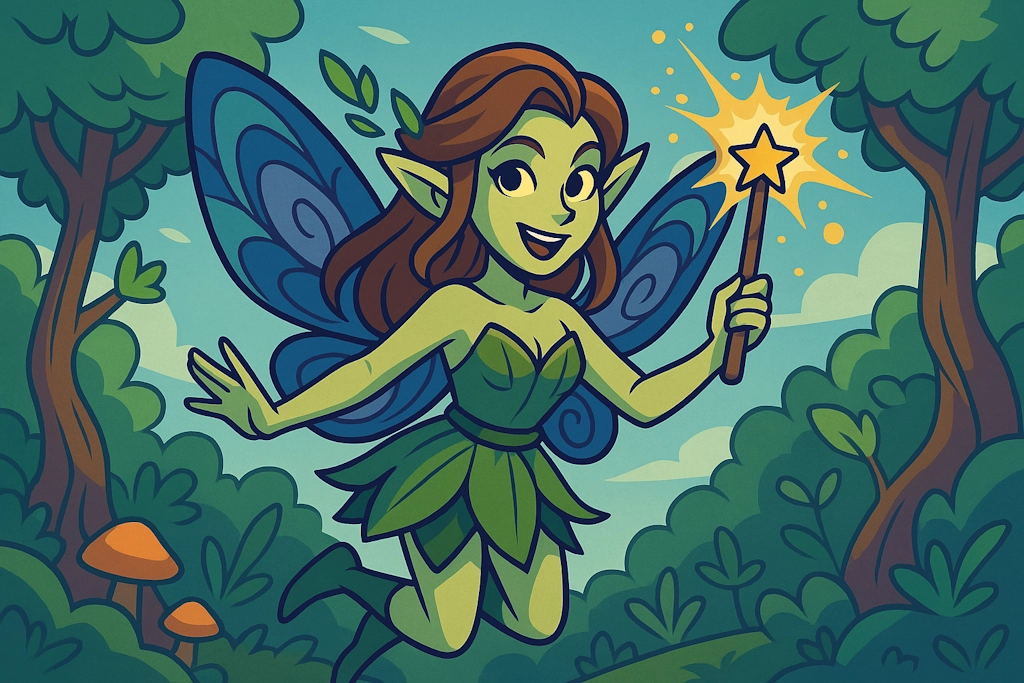♂️Fairies Names(Male)
Generate names for magical winged beings from the realm of fey and enchantment.
Choose your style:

Fairies Names
Generate names for magical winged beings from the realm of fey and enchantment.
Featured Collection
Want more nature spirits content?
Generate 3 more themed items together in one click
Example Fairies Names
Get inspired by these sample results
- Dewdrop Moonwhisper
- Thistle Starweaver
- Luna Silverwing
- Petal Dawnlight
- Aurora Dreamweave
- Fern Twilightbrook
- Moss Nightshade
- Aether Lightdancer
- Echo Mistweaver
- Iris Sunspell


